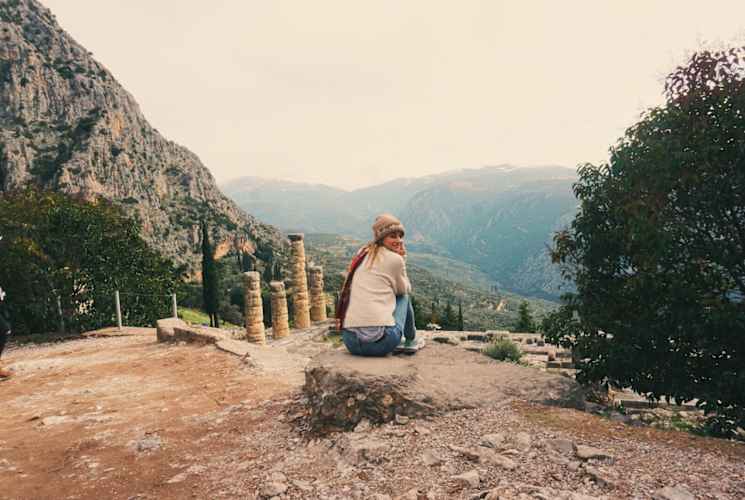Select Your Program Option:
-
Summer 2026
AcadEmics Overview
AIFS Abroad offers a unique global educational experience for students on this program, with the following academic options available:
Business
Economics
Academic Credit & Transcripts
Credit Transfer
As a part of the AIFS Abroad application for semester programs, you will complete a Course Approval Form, which will be signed off by your study abroad office staff and/or faculty at your university.
For J Term/Summer programs, no such approval form is needed; however, students are still responsible for ensuring credit can be brought back from their overseas program.
In any case, we recommend getting additional courses approved in case you need to change courses while abroad.
Overseas universities do not use the credit system employed by American institutions. AIFS Abroad students must make special arrangements to transfer credits, but since AIFS Abroad courses are given at recognized universities or the AIFS Abroad Centers (which are transcripted by Fairfield University), there usually is no difficulty in arranging transfer credit toward U.S. degrees provided the proper procedure is followed.
European Credit Transfer System (ECTS)
Many of the European institutions that AIFS Abroad works with award credits under the European Credit Transfer System (ECTS). ECTS enables cooperating institutions to measure and compare a student’s performance and facilitates the transfer of credits from the European institution to the U.S institution.
Common European Framework of Reference (CEFR)
Language levels are defined according to the CEFR and will be listed on your transcript on completion of the program. CEFR organizes language proficiency into six levels (A1, A2, B1, B2, C1, C2) which can be regrouped into three broad levels according to the needs of the local institution: Beginner: A1, A2/U.S. Level 100; Intermediate: B1, B2/U.S. Level 200-300; Advanced: C1, C2/U.S. Level 400
Transcripts
When you complete your program, an official transcript is sent to your home institution directly from AIFS Abroad or the host university. Another official transcript may be retained by AIFS Abroad in Stamford, but this is not the case for all programs. Please contact transcripts@aifs.com to find out how to request additional transcripts.
Generally, your school should receive your transcript 60 days after completion of the program. (Cannes Semester programs, Perth, Sydney, Dublin, Limerick, and Wellington Programs exception: Transcripts issued and retained by the host universities. Transcripts for the Cannes Semester programs are issued by Chapman University.)
Transcripts may come without an English-language translation, so participants will need to organize translations with their home university.
Academic Records
Credit assessment methods in overseas universities may not be comparable to those in U.S. universities. Grading may involve exams, papers, individual projects, class discussion or some combination of these. Although academic institutions abroad may grade on a variety of scales, admissions counselors and registrars at U.S. institutions are familiar with international grading systems and can convert grades.
Course Selection
AIFS Abroad Program Advisors are available to assist you in the process. The following procedure is recommended:
Read course descriptions for the selected program and select courses. Obtain approval from your academic or study abroad advisor for the preliminary courses selected. Final approval of credit transfer for completed courses is at the discretion of the Registrar or appropriate official at the home institution. Students must ascertain that courses taken meet their individual academic program requirements. Recommended credits in this catalog are based on 15 classroom hours per semester credit.


